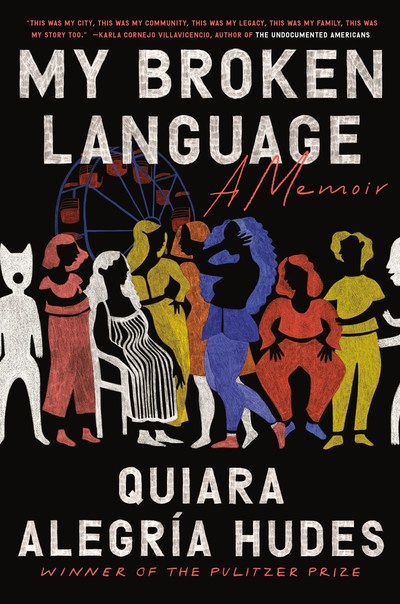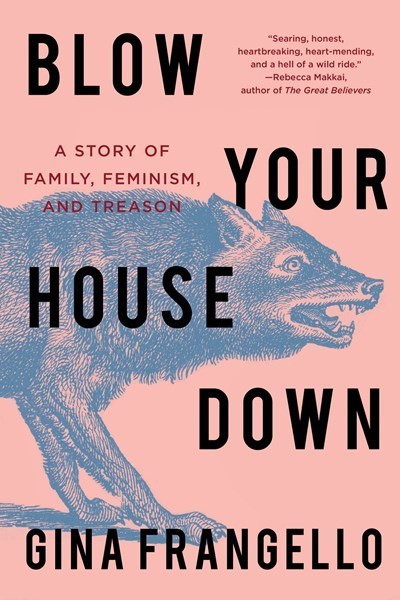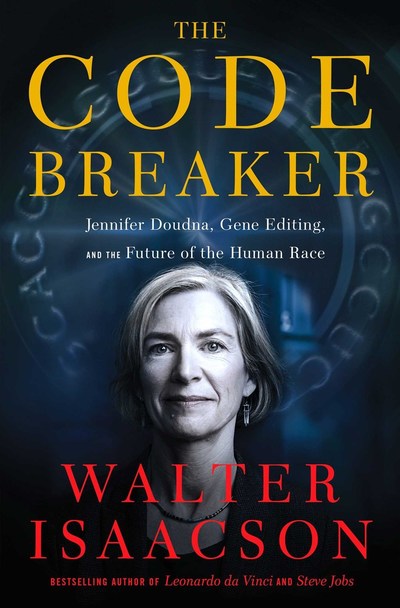In his entertaining new work, North by Shakespeare: A Rogue Scholar’s Quest for the Truth Behind the Bard’s Work, bestselling author and investigative journalist Michael Blanding digs deep into the world of Shakespearean scholarship. He chronicles the tireless research of Dennis McCarthy, an outsider in academia, about links between Shakespeare’s plays and the writings of Sir Thomas North, a member of Queen Elizabeth’s court.
Blanding first met McCarthy in October of 2015, at a dinner reception after a lecture. Readers’ first reaction to McCarthy’s beliefs may be similar to Blanding’s: dismay at the prospect of yet another conspiracy theory about the true author behind Shakespeare’s work.
Yet there are certainly many mysteries about Shakespeare’s life that have given rise to speculation—for example, “how a glover’s son from Stratford could have had the intimate knowledge of Italy” apparent in his plays. McCarthy’s theory seeks to explain such discrepancies. He doesn’t believe the plays’ authorship belongs to the aristocratic North, however. Rather, he thinks Shakespeare borrowed specific phrasings, plot lines and scenes from North’s published and unpublished writings.
Blanding’s energetic narrative traces McCarthy’s search for more of North’s writings and his use of plagiarism software to provide evidence for their influence on Shakespeare. He also delves into Tudor history, illuminating North’s life as a traveler and aristocrat. Along the way, Blanding considers “what it takes to change established ways of thinking” within academic communities.
It’s unclear if Blanding’s highly enjoyable foray into the field will have an impact on Shakespearean scholars, but at the very least, North by Shakespeare will provide readers with the tools to enter the fray themselves. The book includes McCarthy’s estimated timeline of North’s plays next to a timeline of Shakespeare’s work, which readers can use along with McCarthy’s other techniques to examine passages from both North and Shakespeare themselves. It’s almost as much fun as sitting in a theater.


























